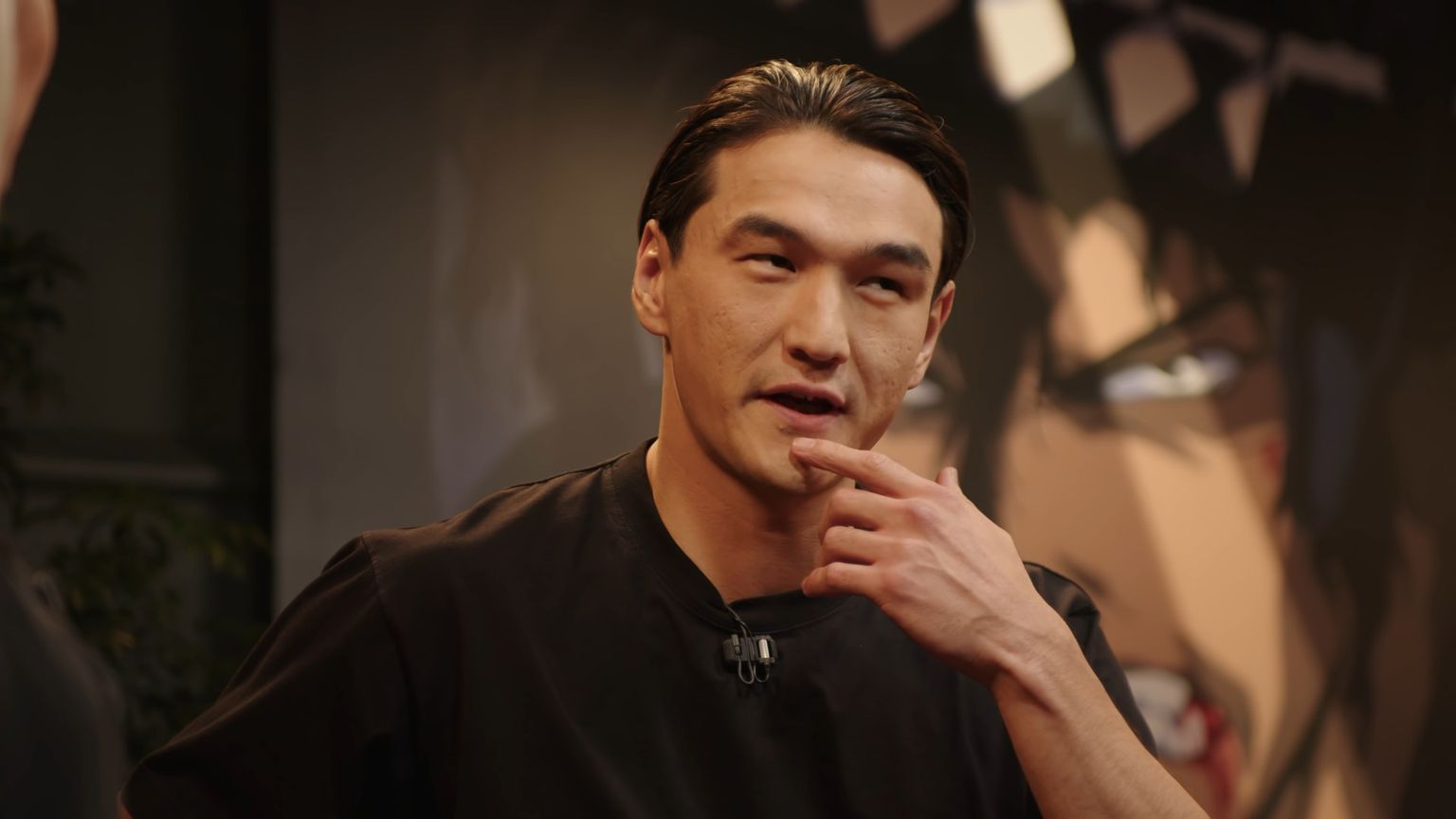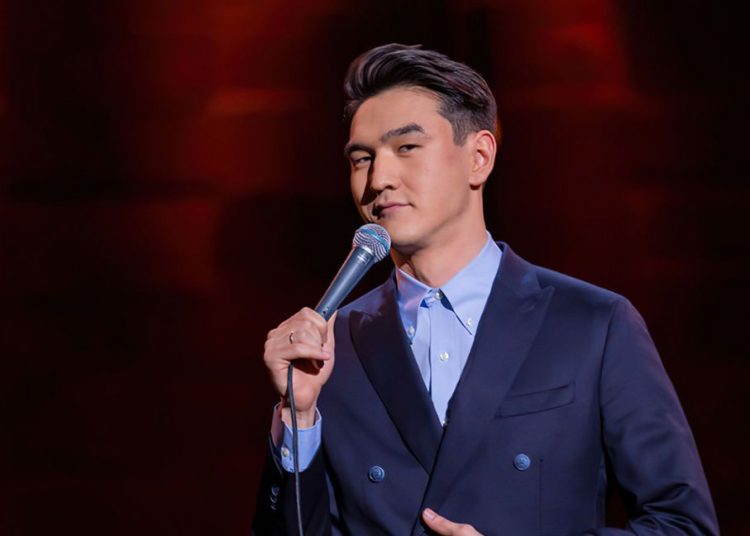
In times of geopolitical conflicts and sanctions, unexpected consequences often arise, including within the realm of art. Amid the conflict between Russia and Ukraine, and the sanctions imposed on Russia, Russian artists have encountered limitations that affect their careers and incomes. Nonetheless, some of them have found ways to circumvent these restrictions, sparking discussions about how artists, while under sanctions, continue to earn money, potentially influencing the course of events.
Earnings Abroad and Limitations
Numerous Russian artists and showbiz stars attract attention not only at home but also abroad. They frequently participate in international projects, engage in global events, and perform on stages in various countries. However, with sanctions imposed due to the war in Ukraine, many of these artists have faced limitations.
Circumventing Sanctions and Covert Financial Flows
Despite the sanctions, Russian artists remain active on the global entertainment scene. Some of them discover methods to bypass restrictions and continue their activities abroad. One such method involves utilizing informal connections and covert financial flows to transfer earned funds back to Russia.
These practices raise significant ethical and legal questions. Transferring money outside the official financial institutions can be classified as a violation of sanctions, thus exacerbating an already tense relationship between nations.
Influence on Events and Discussion
Expenditures made by Russian artists within Russia can trigger concerns and criticisms within society, especially during armed conflicts. Accusations that their financial support at home effectively aids military efforts raise substantial questions about morality and patriotism.
However, it is important to remember that one cannot always assert that finances earned abroad are unequivocally directed towards supporting military actions. The motivations and goals of each artist can be individual and not always tied to a political agenda.
Nurlan Saburov: The Kazakhstani Comedian’s Controversial Role
Amid this complex landscape, the case of Nurlan Saburov, a comedian originally from Kazakhstan, emerges as a notable example. Although he did not openly express his views against the war, he notably intensified his activities, particularly with performances outside of Russia, after the conflict began. This increase in his international presence has raised eyebrows, especially given his relative silence on the geopolitical situation.
Continued International Performances
Notably, Nurlan Saburov is scheduled to hold a concert in Cyprus, further highlighting his growing international engagements. While his decision to perform overseas is within his rights as an artist, it draws attention due to the context of the ongoing conflict and his previous lack of public stance on the matter.
The situation where Russian artists continue their activities abroad under sanctions and amid geopolitical conflicts evokes complex emotions and opinions. The impact of their earnings and actions on the course of events can be challenging to assess accurately. The case of Nurlan Saburov serves as a reminder of the intricate interplay between art, politics, and ethics in times of global crises.
While artists continue to find ways to sustain their careers abroad, questions of morality and ethics remain raised. Nurlan Saburov’s decision to become more active during times of military conflict, without expressing a substantial stance, raises doubts about the sincerity of his position. This raises significant questions about artists’ responsibility in global events.
Attention should also be directed towards the governments of countries that allow concerts by Russian artists who have not taken a clear anti-war stance. This prompts criticism within society and questions the role of states in upholding ethical standards and international security.
In the end, the ways in which Russian artists engage in global entertainment amid geopolitical conflicts continue to fuel discussions about morality, ethics, and responsibility for both the artists themselves and those who support their endeavors.








